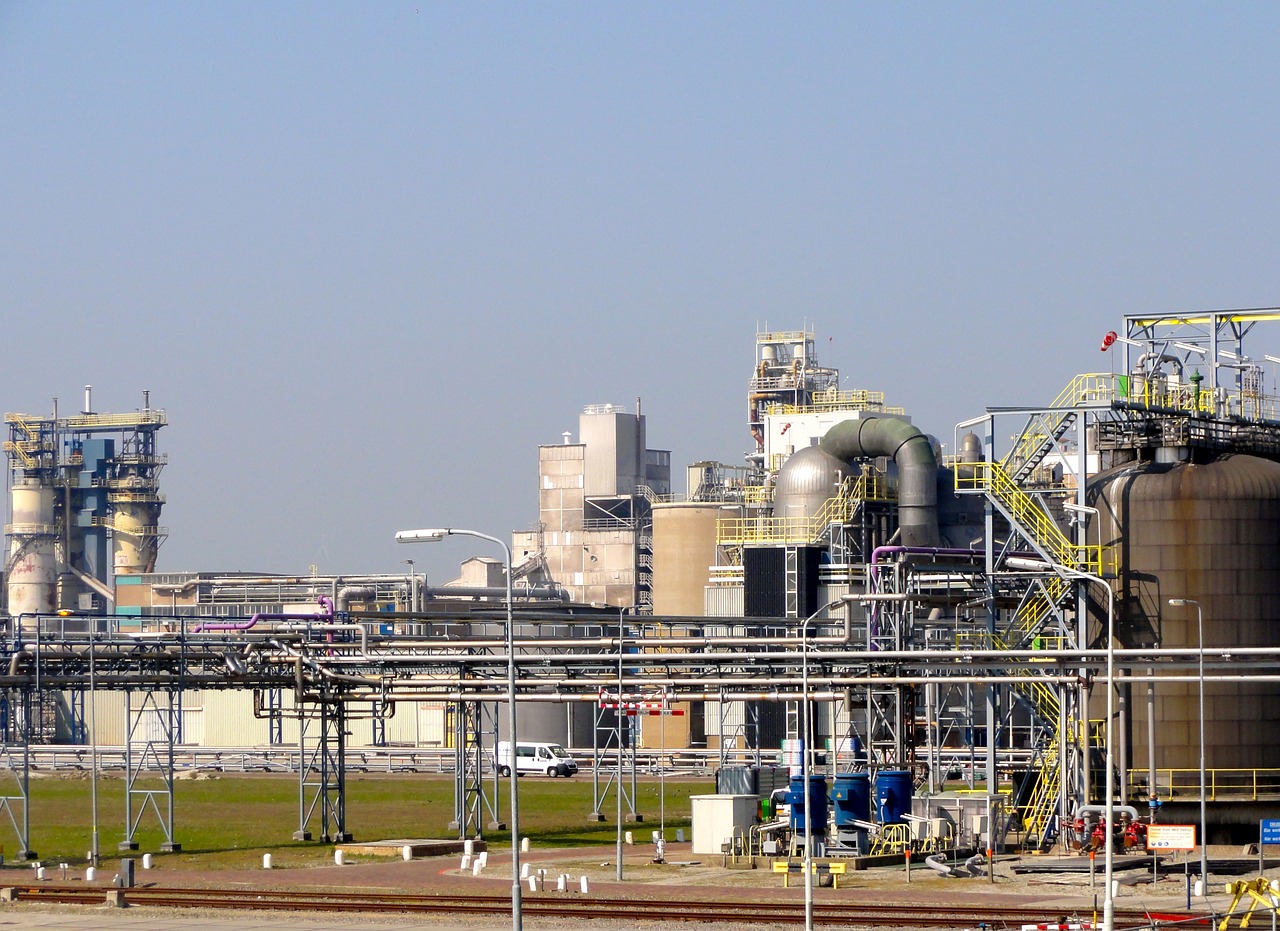Strategies for Business Process Automation and Efficiency
Identifying repetitive tasks in a work environment is essential for streamlining processes and maximizing efficiency. One way to pinpoint these recurring activities is by carefully documenting daily responsibilities. By taking note of the tasks that are frequently carried out, patterns begin to emerge, shedding light on areas where automation or process improvement can be implemented to save time and resources.
Another effective method for identifying repetitive tasks is by consulting team members who are directly involved in the day-to-day operations. Their input can provide valuable insights into which tasks consume a significant amount of time and effort, highlighting opportunities for optimization. By encouraging open communication and feedback, organizations can gain a comprehensive understanding of the repetitive tasks that may be hindering productivity and overall performance.
Analyzing Workflow Processes
Workflow processes play a crucial role in the efficiency and productivity of an organization. By analyzing these processes, businesses can identify redundancies, bottlenecks, and areas for improvement. This evaluation allows for the streamlining of operations, ultimately leading to cost savings and enhanced performance.
Through a detailed examination of workflow processes, companies can pinpoint opportunities to automate tasks, simplify decision-making processes, and reallocate resources more effectively. This analysis helps in optimizing the flow of work within the organization, ensuring that tasks are completed in a timely and efficient manner.
What are some common signs that a workflow process needs to be analyzed?
Some common signs include bottlenecks in the process, delays in completing tasks, high error rates, and low productivity levels.
How can identifying repetitive tasks help in analyzing workflow processes?
Identifying repetitive tasks can help in streamlining the process by automating or eliminating redundant steps, which can improve efficiency and productivity.
What are the benefits of analyzing workflow processes?
Benefits include identifying inefficiencies, reducing costs, improving productivity, enhancing quality, and ultimately achieving better business outcomes.
How can businesses effectively analyze their workflow processes?
Businesses can conduct process mapping, gather data on key metrics, involve relevant stakeholders, and use tools like workflow management software to analyze and optimize their workflow processes.





